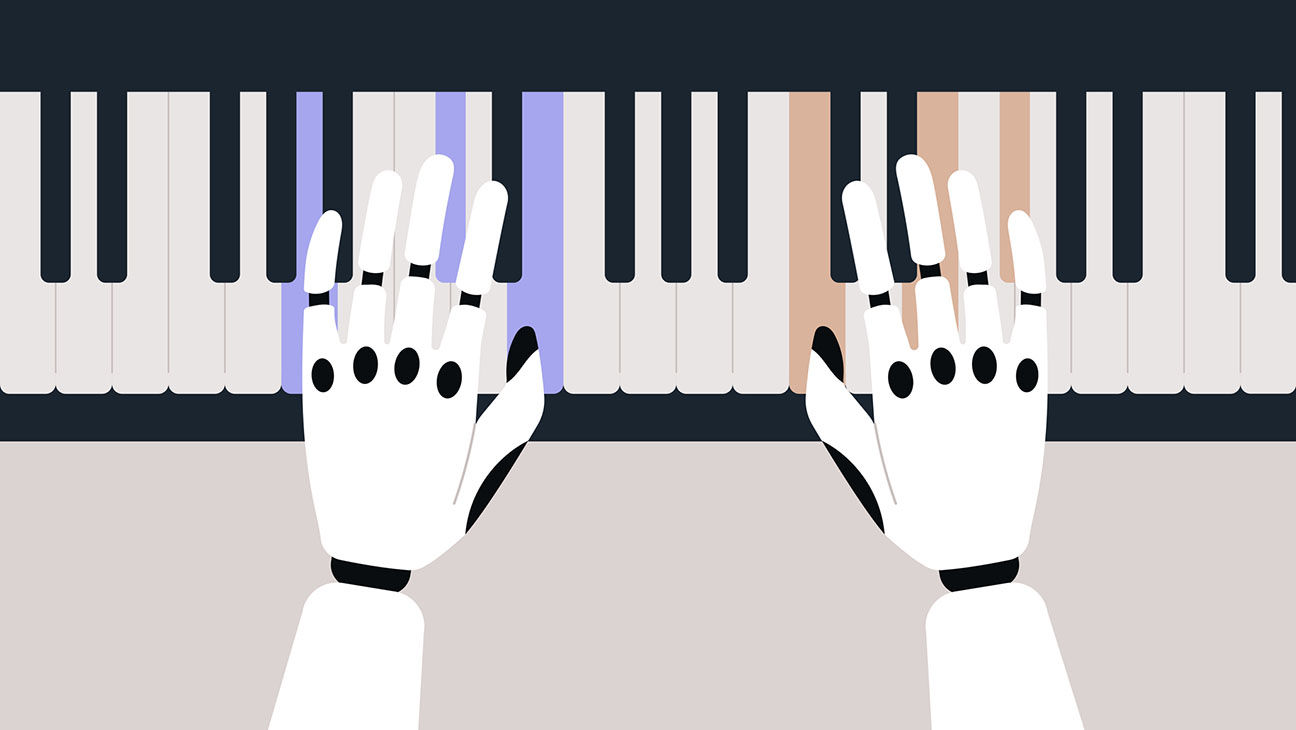One of the primary concerns in the legal and music sectors is the impact of artificial intelligence on major technology companies and its potential threat to creators. The ongoing dispute over trademark infringement is poised to shape the future development and utilization of AI in the entertainment industry.
In October 2023, Anthropic, an AI company, faced a lawsuit from three prominent music publishers—Universal Music Publishing Group, Concord Music Group, and ABKCO. These publishers alleged that Anthropic infringed on copyrighted music lyrics by training its AI models using data and text sourced from the internet. By incorporating copyrighted lyrics into Anthropic’s models and generating text resembling the original lyrics, the publishers claimed a violation of their intellectual property rights. Particularly, they criticized Anthropic’s main product, the Claude chatbot, for producing responses that contain substantial portions of copyrighted lyrics when prompted to create song lyrics. The publishers argued that this activity by the chatbot constitutes infringement on the exclusive rights of the copyright owners by reproducing and distributing the lyrics without authorization.
The publishers highlighted the existence of a licensing market for copyrighted content, noting that many platforms similar to Anthropic operate within legal boundaries by obtaining proper licenses. They argued that Anthropic’s actions deprived both publishers and music artists of the opportunity to profit from their copyrighted material without obtaining the necessary licenses for reproduction and distribution.
Pointing out Anthropic’s valuation at $18 billion and its backing from tech giants like Google, Zoom, and Salesforce, the publishers criticized the company for utilizing copyrighted material without compensation. They emphasized that the licenses paid by other entities to use copyrighted songs through Anthropic’s models would lose value if Anthropic continued to train its models with unauthorized material, potentially undermining the licensing market for such content.
Despite the significant investments in AI companies in the U.S., including Anthropic’s recent acquisition by Amazon for $4 billion, concerns over fair use and copyright infringement persist. Anthropic may invoke the fair use doctrine to defend its actions, arguing that AI merely mimics human cognitive processes. To establish a strong defense, Anthropic must demonstrate that its use of copyrighted lyrics falls under fair use, potentially by showcasing the innovative nature of the chatbot’s output and the advancement of AI technology.
The outcome of the legal battle in Tennessee, where Anthropic was sued, could have far-reaching implications for AI and trademark laws. Anthropic’s motion to dismiss the case based on jurisdictional grounds, citing its lack of substantial ties to Tennessee and proposing a transfer to the Northern District of California, adds a layer of complexity to the dispute. The resolution of this jurisdictional issue may influence future legal precedents in AI-related cases.
The intersection of AI development and the legal landscape extends beyond the music industry, with implications for various creative fields. Lawsuits involving AI’s use of copyrighted material, such as photographs and written works, are shaping the boundaries of copyright infringement in AI training processes and model outputs. The evolving legal interpretations around fair use and AI training methods underscore the need for legislative clarity and regulatory frameworks to address the challenges posed by AI technology in creative industries.
As stakeholders navigate the complexities of AI and copyright law, the U.S. Copyright Office’s call for public feedback on the use of copyrighted material for AI training presents an opportunity for industry participants to contribute to the ongoing dialogue. This engagement is crucial in shaping the future trajectory of AI technology, ensuring a balance between innovation and intellectual property rights.
Tatjana Paterno is a member and Layna Deneen serves as an associate at Bass, Berry & Sims in Nashville, Tennessee, offering counsel on business and securities matters, including mergers and acquisitions, financial transactions, and regulatory filings related to securities.






